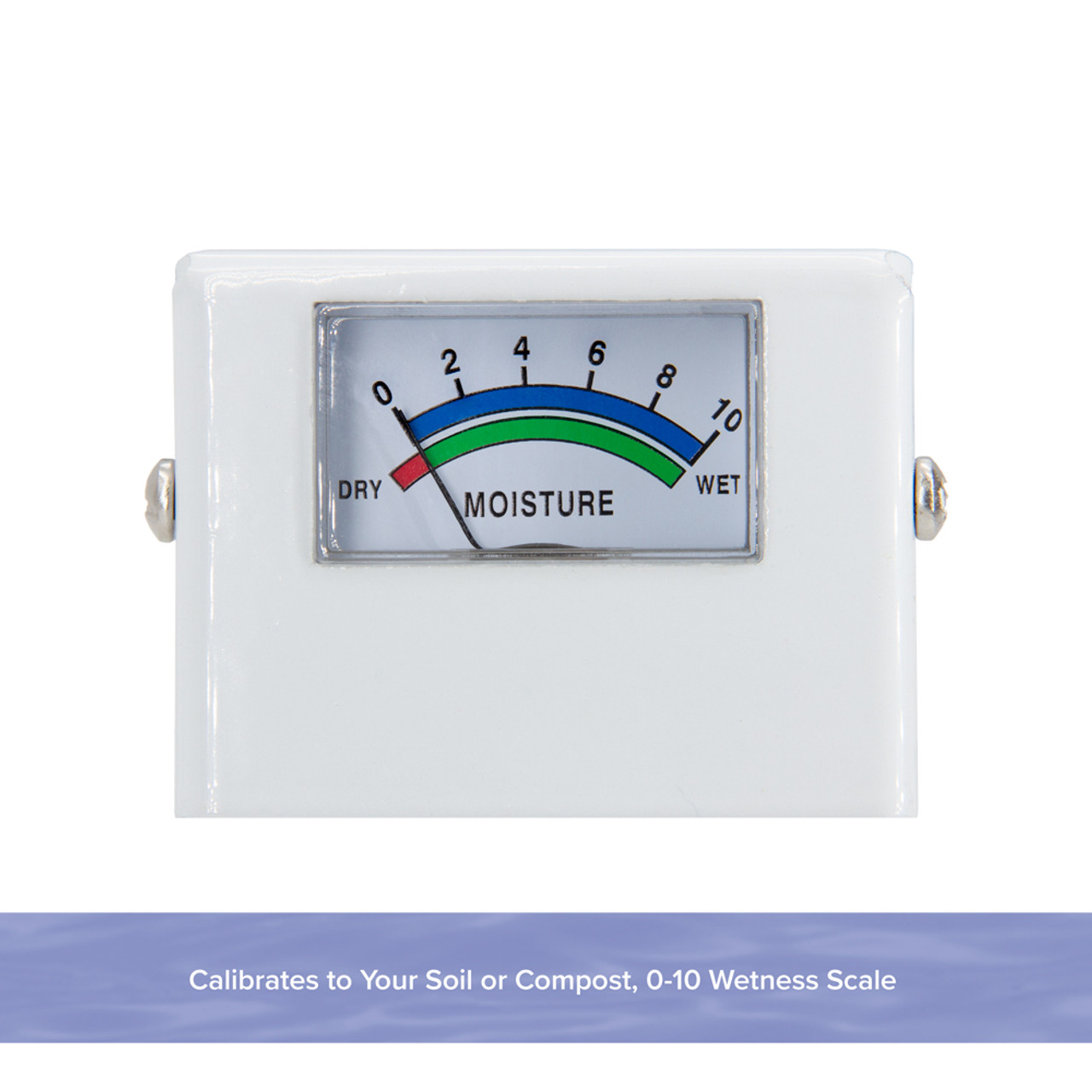Moisture Meter Reviews: Comparing the very best Designs for Specialist and Do It Yourself Usage
Moisture Meter Reviews: Comparing the very best Designs for Specialist and Do It Yourself Usage
Blog Article
The Ultimate Overview to Dampness Meters: A Comprehensive Summary and Just How They Can Conserve You Money
In the world of building maintenance, building, and various industries, the relevance of precisely gauging dampness degrees can not be overemphasized. Wetness meters offer as vital devices in detecting and keeping track of moisture content in products, aiding in stopping expensive problems and making certain the top quality of items. Comprehending the subtleties of various kinds of moisture meters, their applications, and the possible cost-saving benefits they provide can be a game-changer for organizations and professionals alike. Discovering how these tools can not just improve processes yet also add to monetary cost savings is a journey worth starting.
Sorts Of Dampness Meters
Numerous types of wetness meters are offered for various applications in numerous industries. One typical kind is the pin-type moisture meter, which measures the electrical resistance in between two pins inserted into a product. This type is ideal for timber, drywall, and various other structure materials. Pinless wetness meters, on the other hand, usage electro-magnetic sensor plates to check a bigger area without triggering damages to the material's surface area. Moisture Meter. These meters are suitable for swiftly examining wetness levels in huge areas such as walls and floorings.

Infrared dampness meters gauge the thermal buildings of a product to establish its moisture material non-invasively, making them helpful for applications where pin or pinless meters might not be appropriate. Understanding the various types of wetness meters offered can aid industries choose the most proper tool for their details moisture measurement demands.

Benefits of Making Use Of Wetness Meters
Dampness meters use vital advantages in properly examining and keeping an eye on wetness levels in varied products and environments. One of the main benefits of using moisture meters is the prevention of possible damages caused by excess dampness.
Additionally, making use of dampness meters can lead to increased energy efficiency. By determining locations with high wetness degrees, such as leaks or poor insulation, changes can be made to boost power conservation and reduce energy expenses. In farming settings, dampness meters play a crucial role in enhancing plant returns by enabling farmers to check soil wetness levels and make informed irrigation decisions. Overall, the advantages of making use of moisture meters cover throughout various industries, supplying affordable remedies and promoting better quality assurance techniques.
Just How to Select the Right Moisture Meter
Selecting the appropriate wetness meter involves thinking about vital aspects such as material compatibility, dimension array, and calibration precision. When selecting a dampness meter, it's essential to guarantee that the meter appropriates for the certain product you will be screening. Various materials have differing electrical homes that can affect moisture readings, so picking a meter developed for your product is critical for exact results. Additionally, think about the dimension series of the wetness meter. Make certain that the meter can spot wetness degrees within the array required for your applications. Calibration precision is one more crucial aspect to maintain in mind. Choose a moisture meter with dependable calibration to guarantee constant and exact analyses. Some meters might require routine calibration modifications, so understanding the calibration process is important. By meticulously evaluating these elements, you can select a moisture meter that fulfills your demands and provides precise moisture dimensions for browse this site your projects.
Appropriate Strategies for Dampness Meter Usage

Expense Financial Savings Via Dampness Meter Applications
How can the critical utilization of moisture meters lead to significant cost financial savings across various sectors? In the agriculture market, moisture meters help in identifying the optimum time for collecting crops, preventing over-drying or excess wetness that can influence the last item's high quality.
In a similar way, in construction, dampness meters aid avoid pricey problems by finding wetness levels in structure materials, such as timber or concrete, which can result in architectural problems otherwise addressed without delay. By identifying problem locations early on, contractors can take restorative measures to stay clear of extensive repairs or substitutes, eventually conserving money and time.
In addition, in the food handling sector, wetness meters are crucial for keeping track of product top quality and ensuring compliance with safety and security policies. By precisely determining moisture content in foodstuff, makers can protect against spoilage, keep quality, and decrease waste, leading to significant price savings. Generally, the strategic application of dampness meters is a beneficial investment that can lead to considerable expense decreases and enhanced performance across different sectors.
Conclusion
In conclusion, dampness meters are important tools Look At This for discovering and determining wetness degrees in different products. By using the ideal wetness meter and complying with correct try here strategies, customers can successfully prevent costly problems triggered by excess moisture.
Dampness meters offer as vital devices in finding and checking moisture web content in materials, aiding in stopping costly damages and making certain the top quality of items. Infrared dampness meters determine the thermal residential or commercial properties of a material to establish its wetness content non-invasively, making them helpful for applications where pin or pinless meters may not be ideal.Wetness meters provide very useful advantages in properly analyzing and checking wetness degrees in diverse materials and environments. In agricultural settings, moisture meters play a critical duty in optimizing crop returns by making it possible for farmers to monitor dirt moisture levels and make educated irrigation decisions.In conclusion, wetness meters are useful devices for spotting and measuring dampness levels in numerous materials.
Report this page